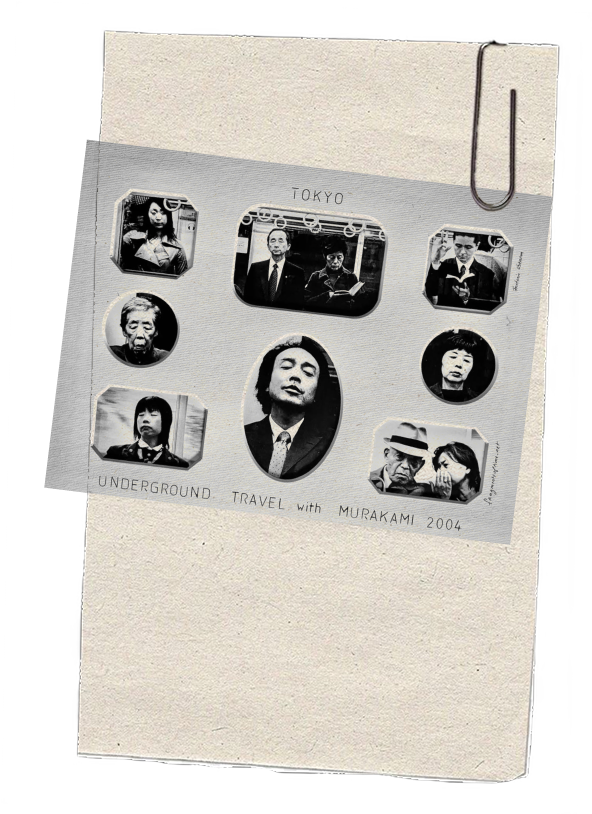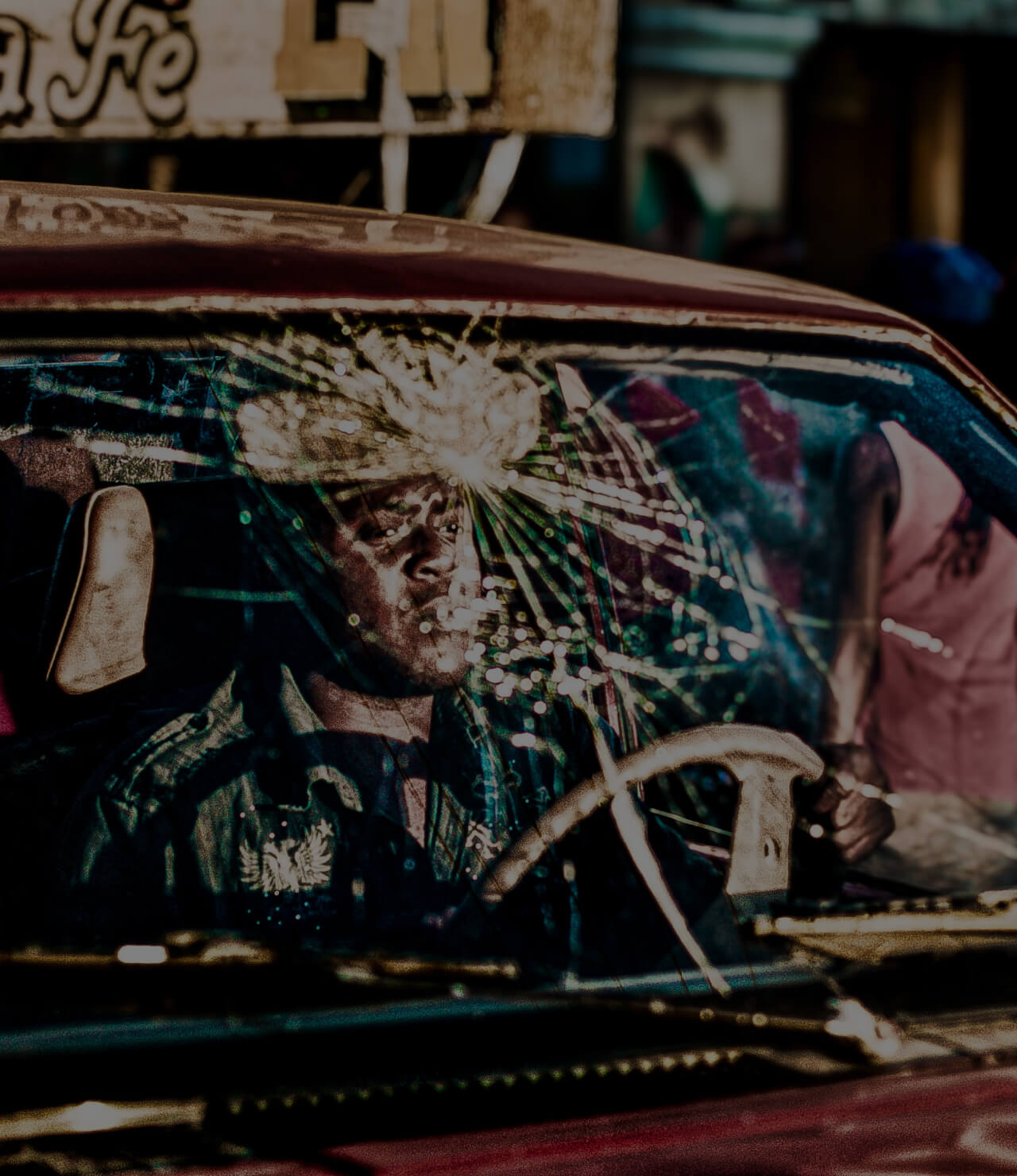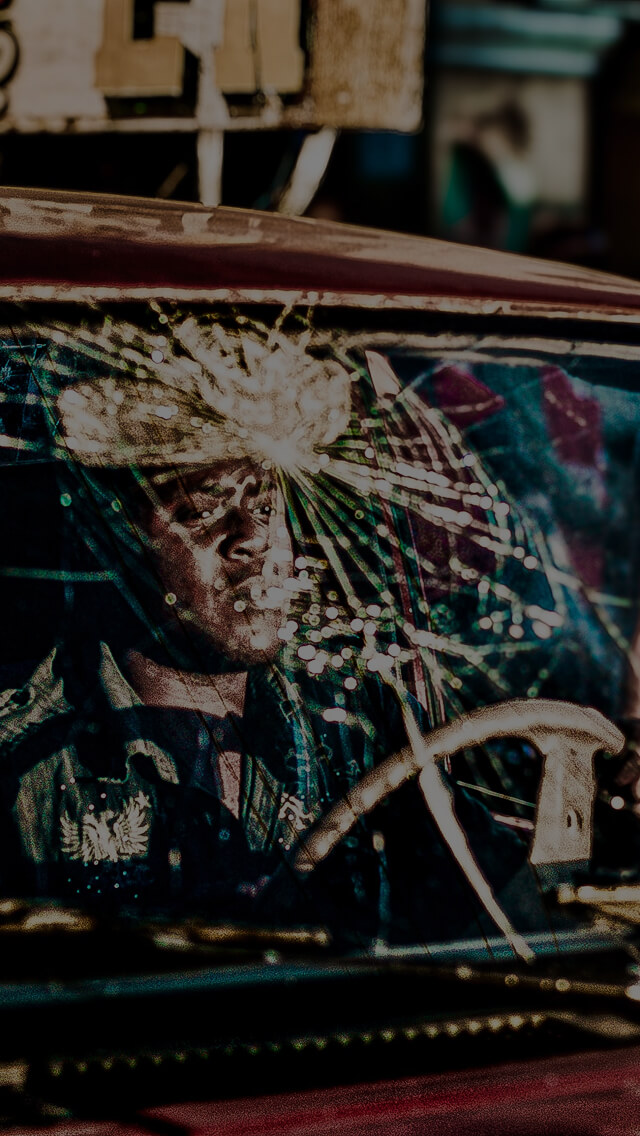In Port-au-Prince, I get into a taxi. Pipo, the driver, knows everything: football rosters, American primaries, Haitian politics. He flirts out the window, recites Rimbaud, cries, and tells me his dream — to become a US marine. When I leave, he hands me his number. He is all in for the presidential candidate: a pop singer known as “Têt Kalé”. Pipo will proceed in life, by all means available.
Nothing works in this country. It is almost entirely administered by international agencies and NGOs. Elections are masquerades, human rights are nonexistent, superstition is instrumentalized and the police are corrupt.
Yet there is an obvious beauty and vitality to the eyes of the outsider, which I find difficult to place.
Yet there is an obvious beauty and vitality to the eyes of the outsider, which I find difficult to place.
In schools, there is a lot of absenteeism, especially among teachers, because they only earn $30 a month and prefer to work in the private sector. Now 80% of the schools are private.
Duvalier ruled as both man and myth. He dressed like Baron Samedi, imitated his voice, claimed he cursed JFK with his lucky number 22. The army was replaced by the “tontons macoutes” — a militia named after the boogeyman with a sack. He didn’t need ideology. Fear worked better.
The moon shines in an orange and mango sky. The counting of the ballots continues late at night, while little braziers sizzle under the stars.
It is a society of castes, with hordes of domestic slaves (even the poor have theirs: poorer than them). Whoever does not profit from an opportunity to get richer is named a fool: “imbécil ki pa pran” (“the idiot who does not take”).
+ Contacts
Let’s create something extraordinary together
Privacy Policy





